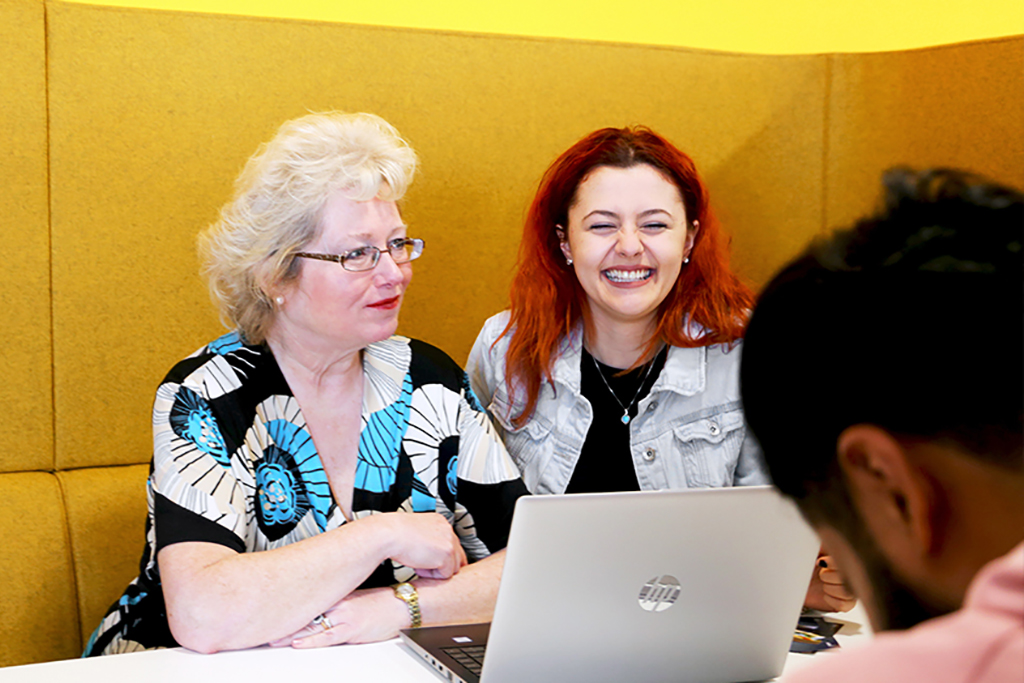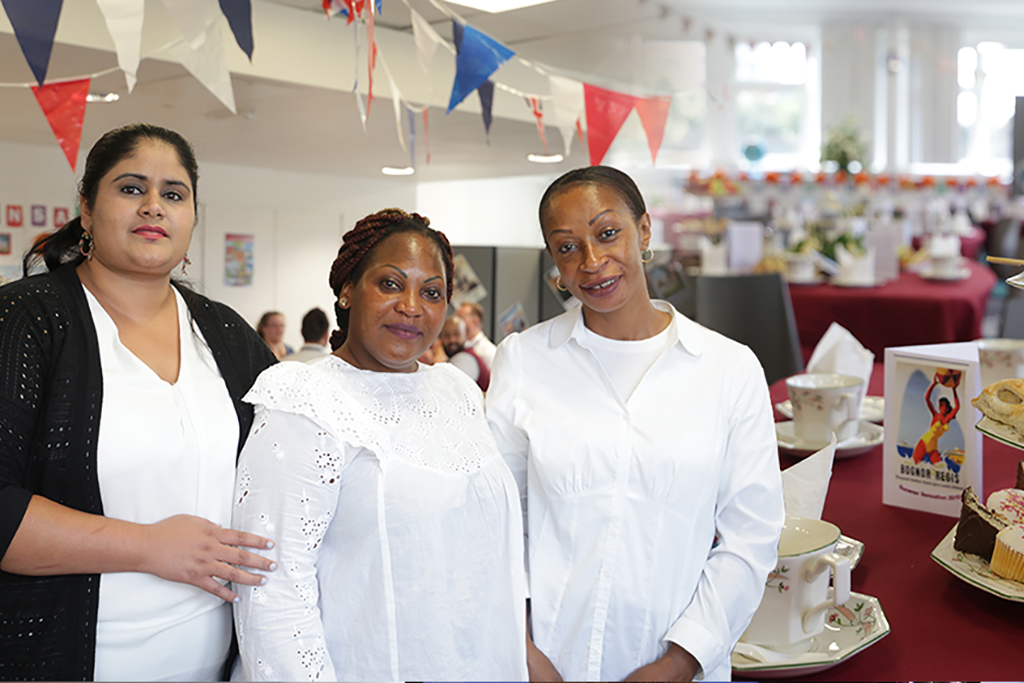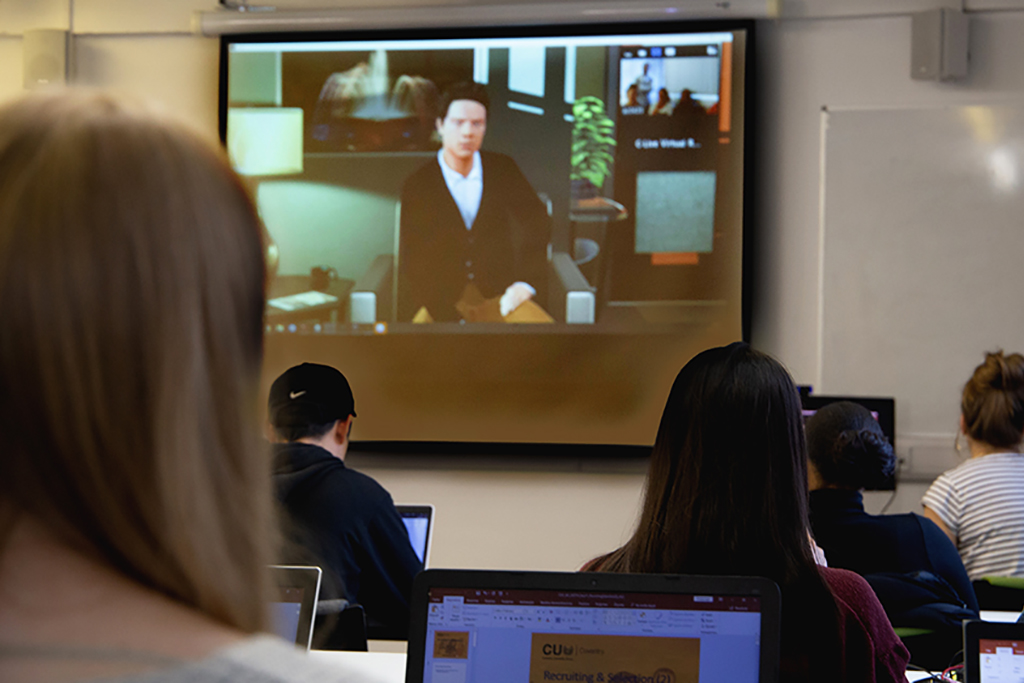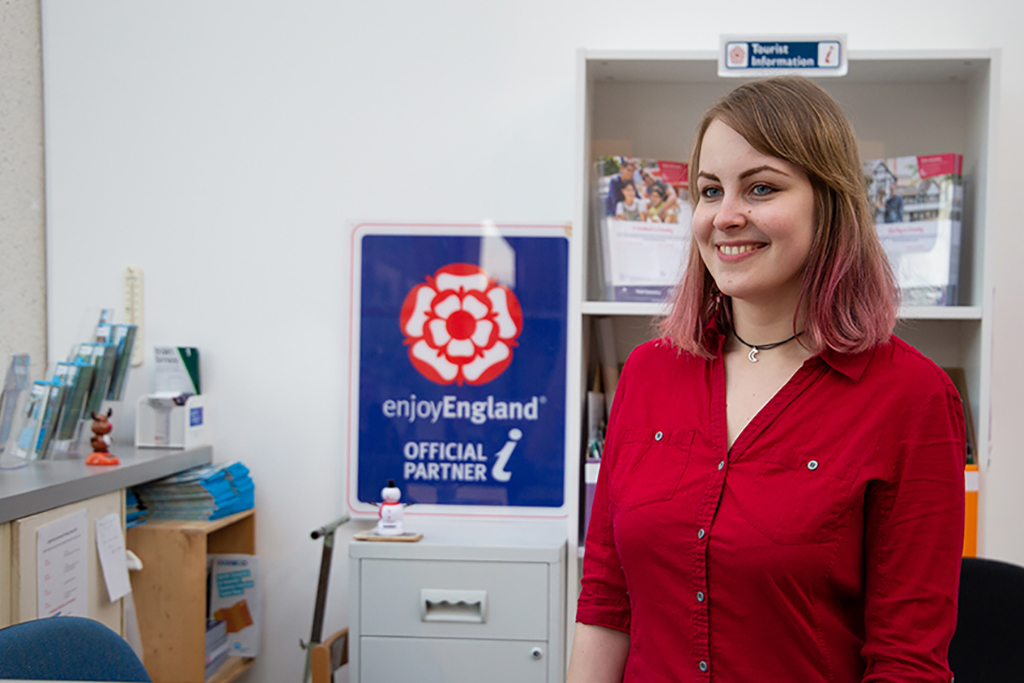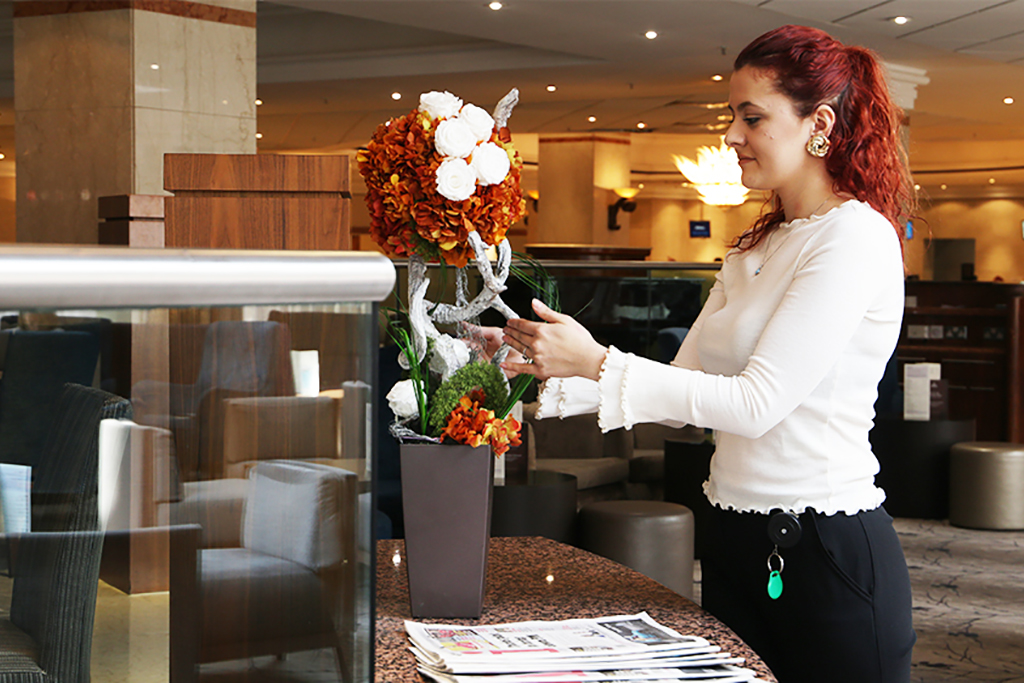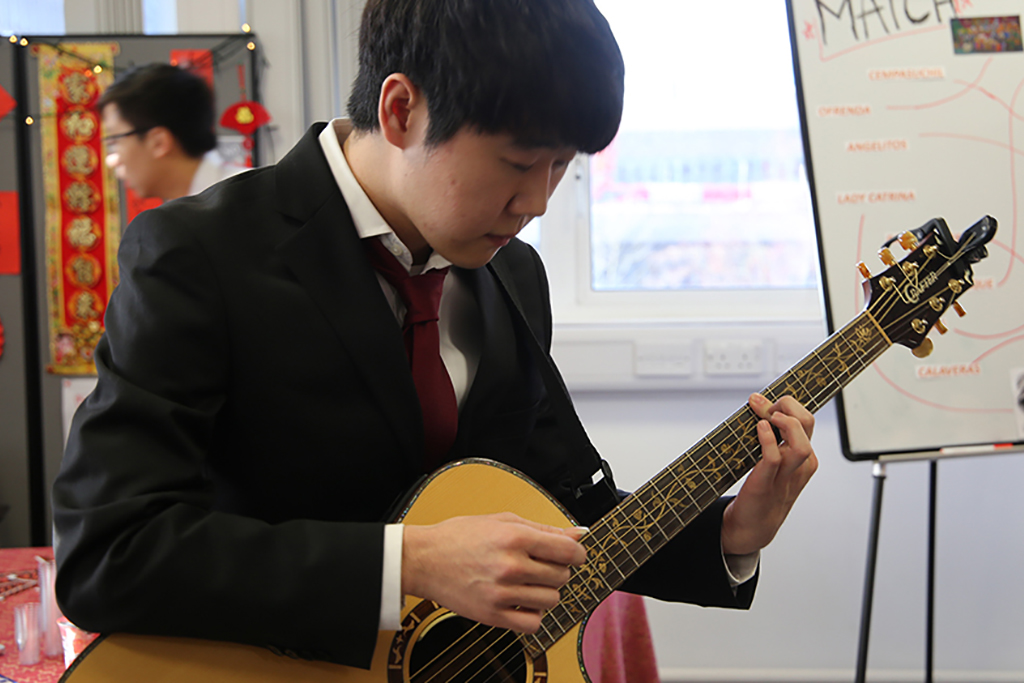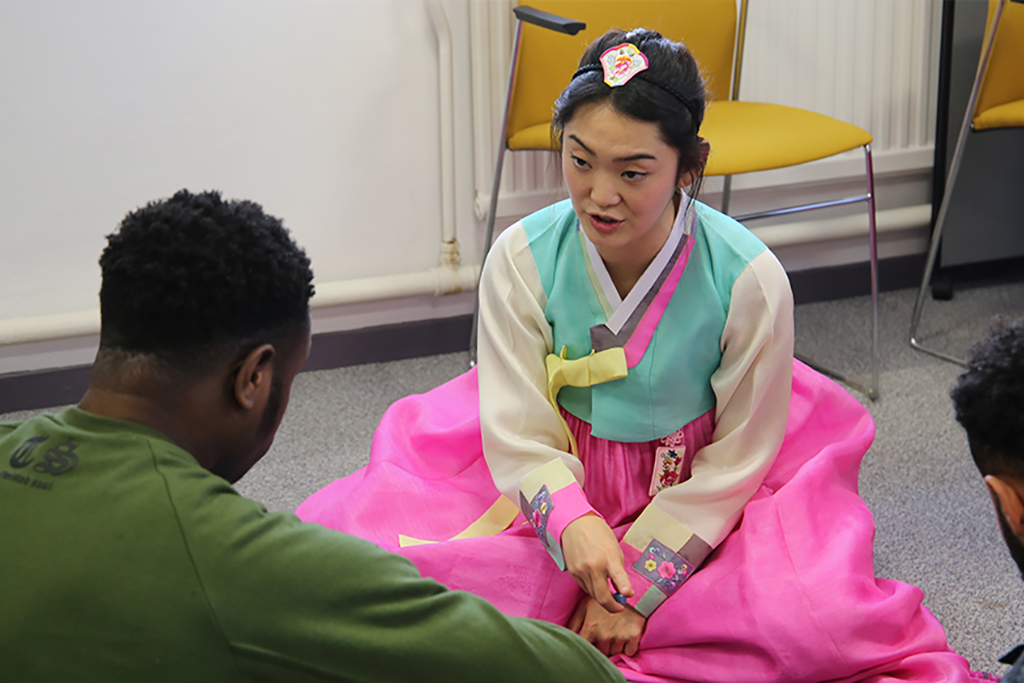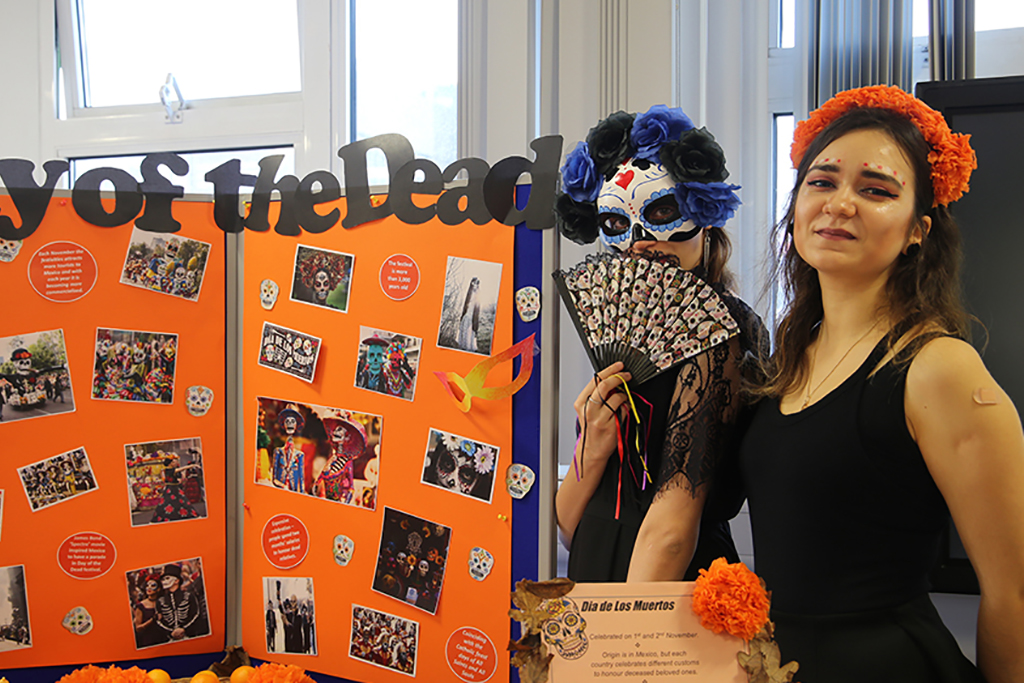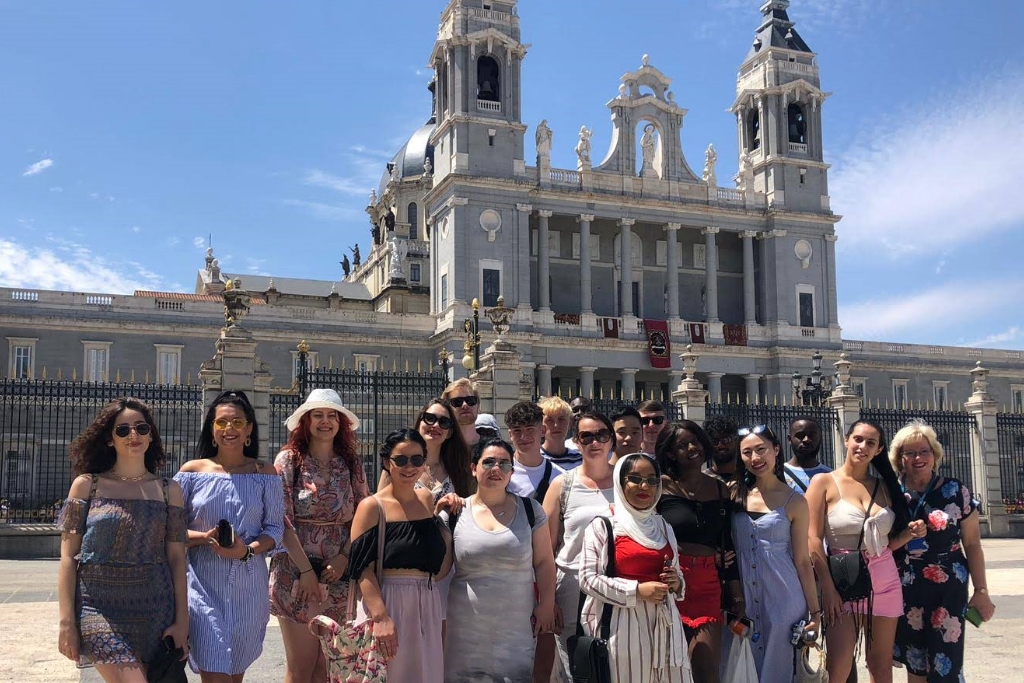Search
Tourism and Hospitality Management BA (Hons) with foundation year
Study level: UndergraduateHNC/HND courses

The tourism and hospitality sector is rapidly expanding locally and globally. It offers a wide range of career opportunities, including hotels, resorts, restaurants, event planning, travel agencies and tourism boards. It is worth billions to the UK economy.
Course option
Year of entry
Location
CU Coventry (Coventry)
Study mode
Full-time
Duration
4 years full-time
5 years sandwich
UCAS codes
198N
Start date
September 2024
November 2024
January 2025
March 2025
May 2025
June 2025
Course overview
Why study this course
Foundation year
The foundation year creates opportunities for you to develop vital business skills and to put theory, both traditional and contemporary, into practice with real-world scenarios. It also aims to prepare you for study at undergraduate degree level.
Degree
Tourism is a key area of the domestic and global economies. As such, there is a real demand for talented individuals who understand the management of tourism and hospitality businesses and who can help develop strategic and operational business solutions.
This course is designed to ensure that our graduates are the talented and knowledgeable individuals needed for the tourism and hospitality industry, providing you with the skillset to be successful in this growing market.
This industry is fast-paced and challenging, requiring flexible, hardworking and determined individuals to head the evolving industry. Working in this industry opens the possibility of exciting working conditions, meeting people from all cultures and using creativity to solve problems in your day-to-day activities. A degree in Tourism and Hospitality Management develops a range of transferable skills that are valuable in various industries. These skills include communication, leadership, problem-solving, teamwork, customer service, and organisational abilities.
As a broad, successful and widely respected degree, students who study this course can benefit from varied career prospects. This course incorporates general business and management principles, so you could progress into the hotel industry, events management, travel operations and many more.
Accreditation and professional recognition
The degree element of this course is accredited by the following for the 2023/2024 intake:
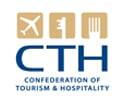
Confederation of Tourism and Hospitality
The Confederation of Tourism and Hospitality (CTH) is the UK’s leading specialist professional awarding body for qualifications in the growing hospitality and tourism sector. Graduates of our degree course are awarded a Level 6 Advanced Diploma in Tourism Management, a professionally recognised qualification.
What you'll study
We regularly review our course content, to make it relevant and current for the benefit of our students. For these reasons, course modules may be updated.
How you'll learn
Entry requirements
Typical offer for 2024/25 entry.
Fees and funding
2024/25 tuition fees
Foundation year
| Student | Full-time | Part-time |
|---|---|---|
| UK, Ireland*, Channel Islands or Isle of Man | £7,950 | Not available |
| International/EU | Not currently available*** | Not available |
Degree
| Student | Full-time | Part-time |
|---|---|---|
| UK, Ireland*, Channel Islands or Isle of Man | £7,950 per year | Not available |
| International/EU | Not currently available*** | Not available |
Please note: UK (home) tuition fees for the degree course years will be charged at the current Coventry University UK (home) degree fee level. This was set at £9,250 for the 23/24 academic year.
If you choose to do a work placement2, you should consider travel and living costs to cover this. There is also a tuition fee3 of £1,250 that will cover your academic support throughout your placement year.
For advice and guidance on tuition fees and student loans visit our Undergraduate Finance page and see The University’s Tuition Fee and Refund Terms and Conditions.
Tuition fees cover the cost of your teaching, assessments, facilities and support services. There may be additional costs not covered by this fee such as accommodation and living costs, recommended reading books, stationery, printing and re-assessments should you need them. Find out what's included in your tuition costs.
The following are additional costs not included in the tuition fees:
- Any optional overseas field trips or visits: £400+ per trip.
- Any costs associated with securing, attending or completing a placement (whether in the UK or abroad)
Foundation year funding
In order to receive funding for degree with foundation year courses, you will need to complete a four-year degree programme which includes the integrated foundation year, otherwise you may be responsible for your foundation year fees. For further information, please refer to the 'Tuition Fee Loan' details in the 'Funding your undergraduate course' section of our 'Fees and finance' page.
*Irish student fees
The rights of Irish residents to study in the UK are preserved under the Common Travel Area arrangement. If you are an Irish student and meet the residency criteria, you can study in England, pay the same level of tuition fees as English students and utilise the Tuition Fee Loan.
**This course with foundation year is not currently available to international students. If you do not meet the entry requirements to directly join year 1 of the degree, please take a look at our International Pathways Programme for additional options.
Facilities
All our facilities are located at Mile Lane. Our building has been designed to enable collaboration, creativity and innovation to flourish, and includes (subject to availability):
- indoor and outdoor social spaces, including a café
- a library that includes loan laptops, over 115,000 eBooks and a silent study area
- open access IT suites and 83-inch teaching screens
- student support and careers advice teams.
Careers and opportunities
On successful completion, you will be able to:
- demonstrate understanding and knowledge of the theoretical, analytical and practical aspects of policies, strategies and processes within a changing environment
- critically appraise theories related to the development of a tourism management strategy including, the risk factors that need to be considered in the development of a successful strategy, such as, country, currency, cultural and competitor risk
- develop appropriate research, alongside the ability to undertake reliable market research activities.
- operate, lead and collaborate in a team to solve problems of a practical (experimental) nature and to provide appropriate solutions
- apply appropriate presentation and evaluation tools to establish the significance of research data produced.
As one of the strongest sectors in terms of growth and employment opportunities, the tourism industry contributes £131.5 billion of the UK’s gross domestic product with over 4.3 million jobs in the UK and over 10% of all jobs worldwide.
With a degree in tourism you have the opportunity to move into a wealth of careers, such as management, marketing, business and even crisis management.
Where our graduates work
Some graduates have gone onto further study in business, advertising, public relations, enterprise and branding at institutions across the UK and internationally, while others have gone on to work successfully in global companies such as the Marriott Hotel, Whitbread and Birmingham Airport.
How to apply
You may also like


